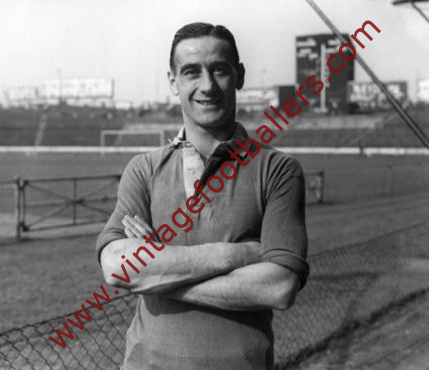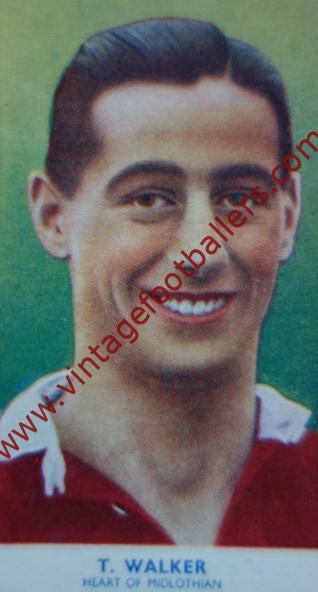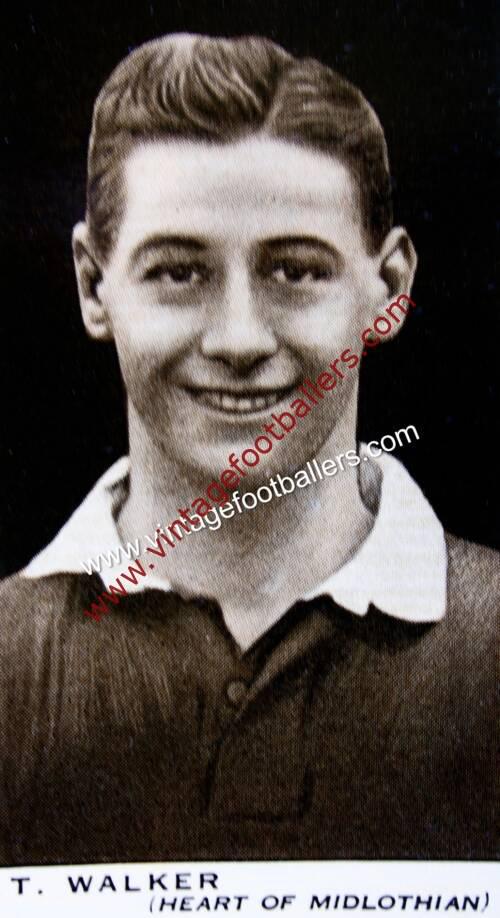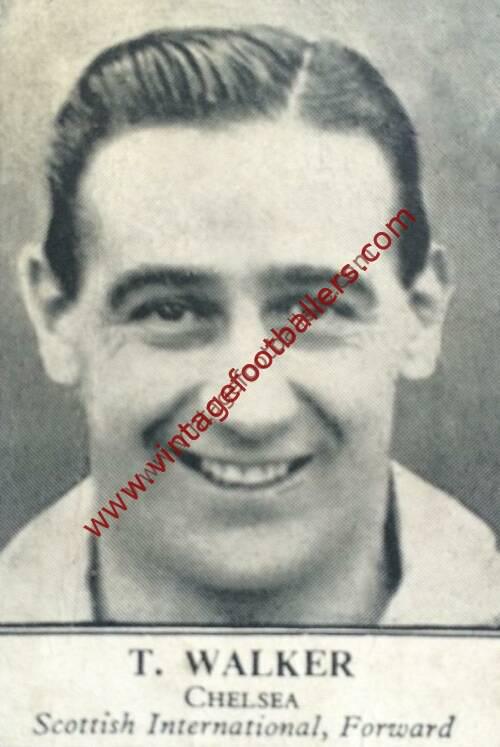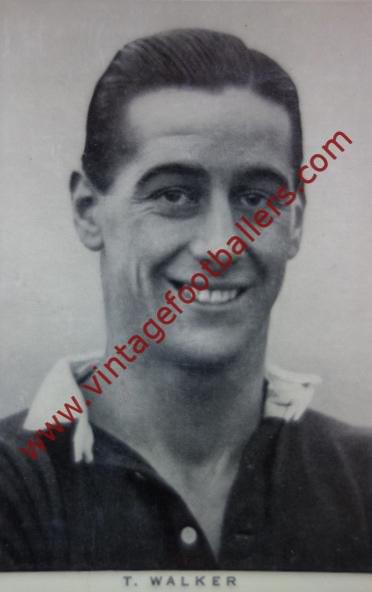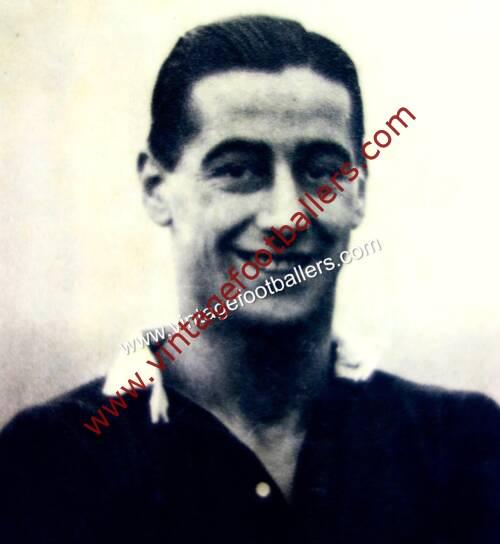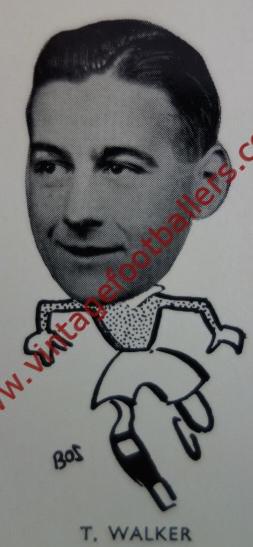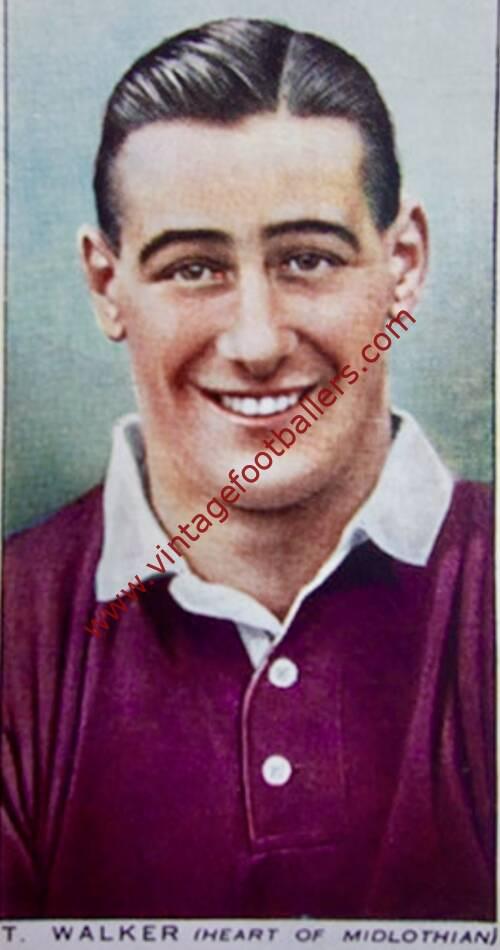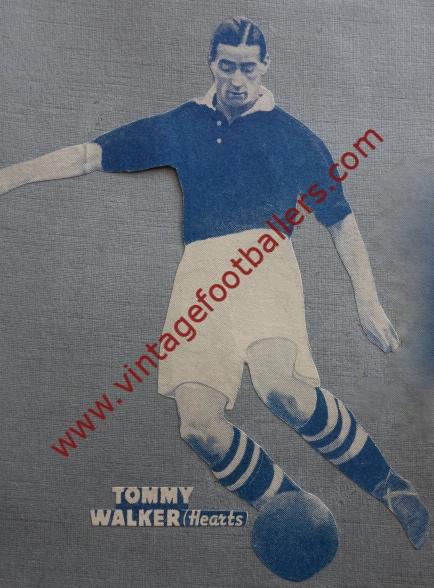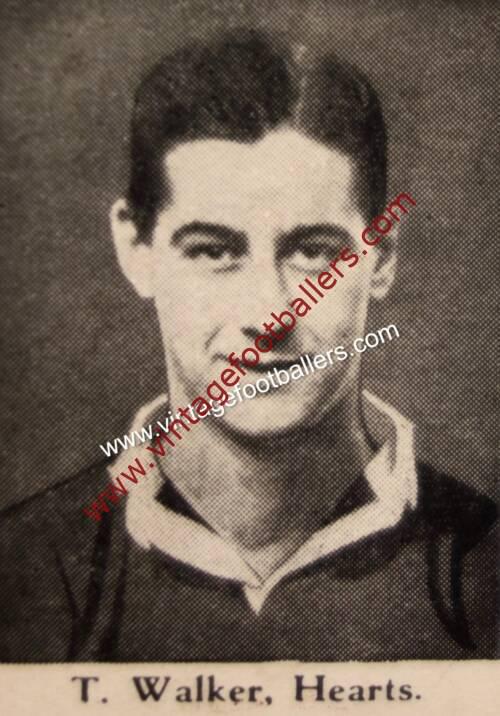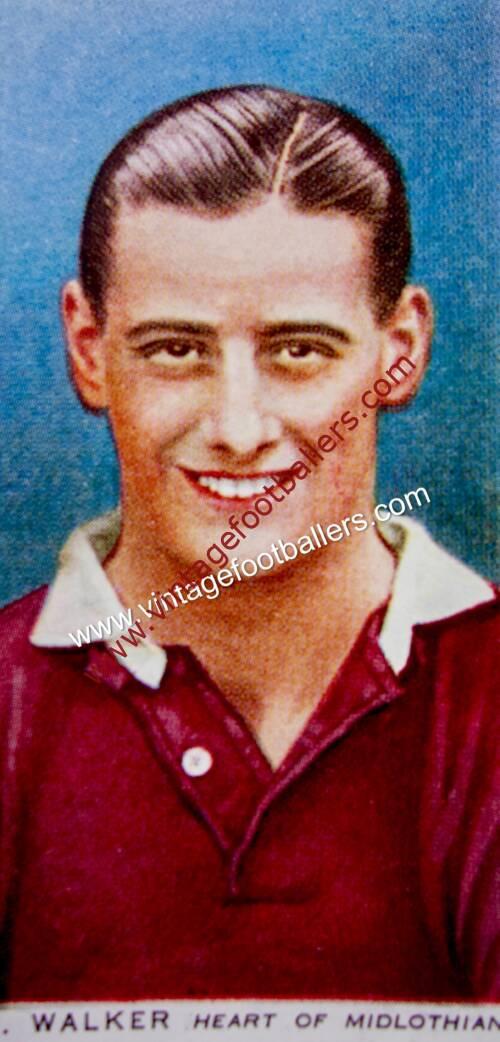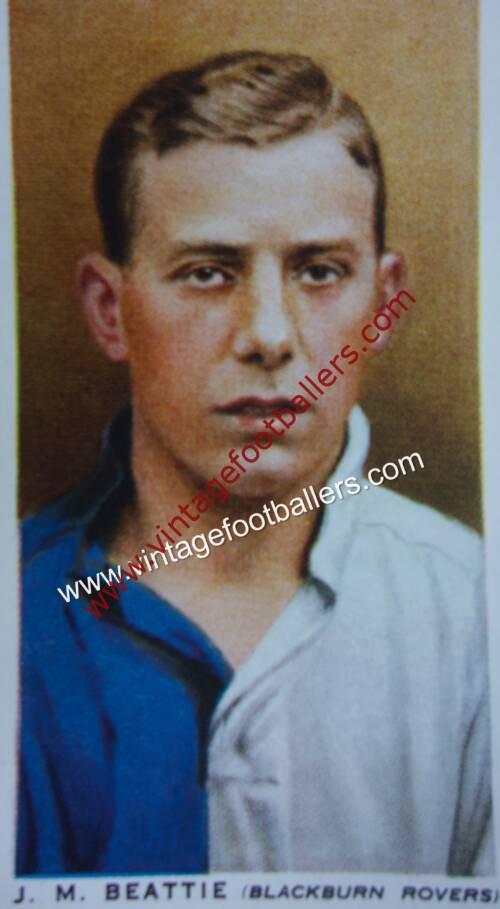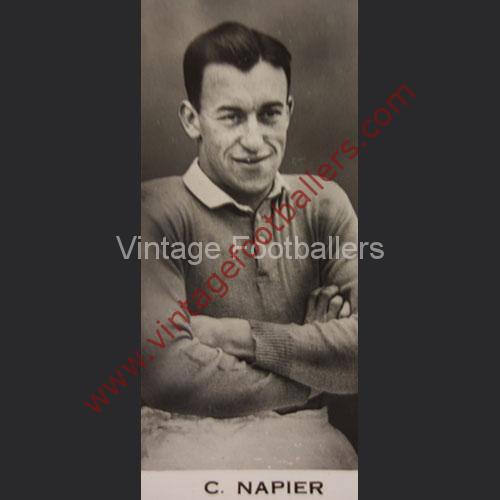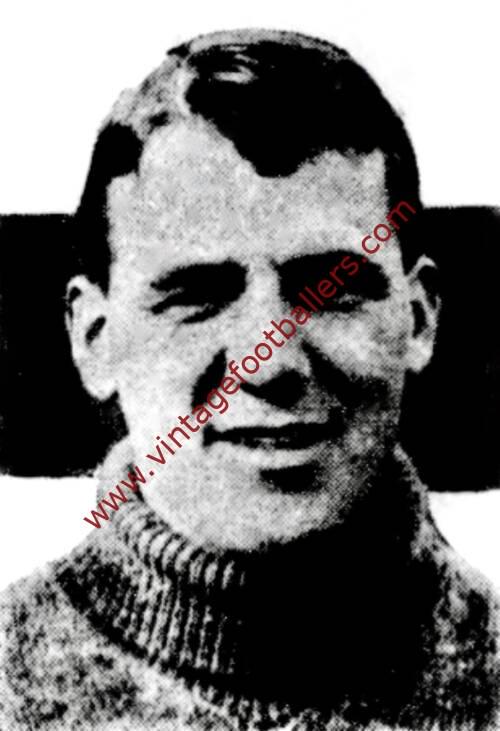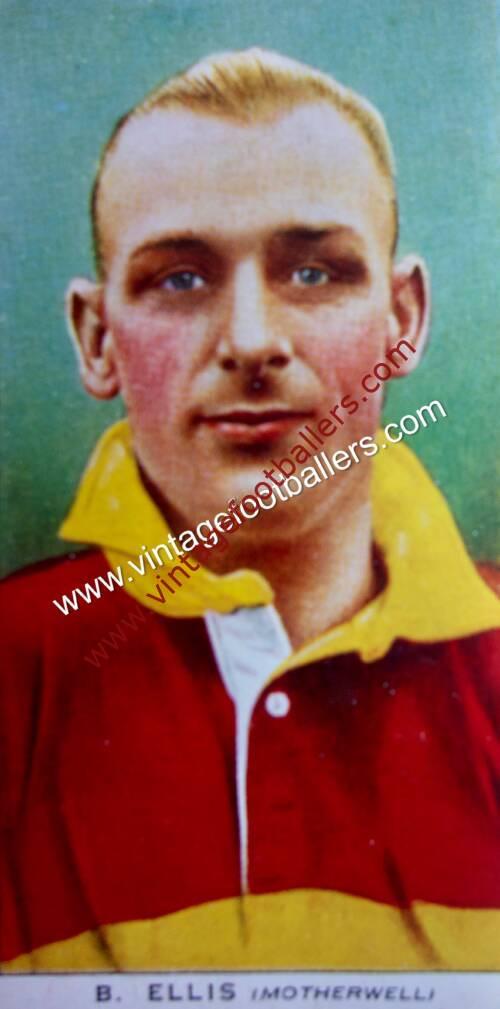Please choose your photo size from the drop down menu below.
If you wish your photo to be framed please select Yes.
Note: 16″x 20″not available in a frame.
Images can also be added to accessories. To order please follow these links
£8.95 – £49.95
Please choose your photo size from the drop down menu below.
If you wish your photo to be framed please select Yes.
Note: 16″x 20″not available in a frame.
Images can also be added to accessories. To order please follow these links
Livingston, West Lothian born inside right Tommy Walker has been described as the most influential man ever to be associated with Heart of Midlothian and is remembered as one of Hearts all-time greats if not their greatest player, as well as the most successful manager in their history. He began his football career with Berryburn Rangers in 1930, and played for Livingston Violet and Broxburn Rangers in 1931 before joining the Heart of Midlothian ground staff aged 16 in February 1932. As Scottish clubs could not then officially sign players until the age of 17, Walker played junior football for Linlithgow Rose until his birthday in May. He made a scoring debut in a 4-0 victory over Hibernian in the East of Scotland Cup Final in August 1932, also scoring on his Scottish League debut in a 4-2 victory over Ayr United three days later. A talented and elegant inside forward, Walker quickly earned a place in the Hearts first team, helping the side to victory in the 1933 Jubilee edition of the Rosebery Charity Cup, in a season in which they finished 3rd in the league. He was a regular first team player by 1933-34 but despite some emphatic victories, inconsistent form limited Hearts to a sixth-place finish.
In 1934-35, Arsenal expressed interest in signing Walker, and the potential £12,000 fee mooted would have been a world record. However, despite this interest and a later enquiry from Liverpool, Walker had by this stage become Hearts marquee player and the threat of a supporters boycott persuaded the Hearts board not to sell.However, despite starring for Hearts and playing in sides boasting numerous internationals, such as Dave McCulloch, Barney Battles, Andy Anderson and Alex Massie, Freddie Warren and Willie Reid, Walker was destined not to win a major honour as a player at Tynecastle. The closest Hearts came to success during his period there was a second place Scottish League finish in 1937-38.
Walker made his debut for Scotland in a 3-2 win against Wales at Pittodrie in November 1934, aged only 19, and he was to remain a regular in the side over the following five seasons before the Second World War. In November 1935 he scored his first international goal on familiar territory, helping Scotland defeat Ireland 2-1 at Tynecastle.
His most important performances for Scotland, and those which endeared him most to the Tartan Army, were against England at Wembley. In 1936, when trailing 1-0, Scotland were awarded a late penalty, which Walker volunteered to take. Twice the young inside forward spotted the ball and twice the swirling wind blew it from the penalty spot. On each occasion, Walker calmly returned the ball and, displaying nerves of steel, converted the penalty at the third attempt. He later recalled “I cannot even remember at what end of the ground the penalty-kick was given but I vaguely do remember the ball rolling off the spot. I just replaced it and hit it” . Two years later, Walker’s 5th minute shot from just inside the penalty box was the only goal of the game.
Walker earned a total of 21 caps, during which he scored 9 goals, his final cap coming in May 1946 when he played in a 3-1 victory over Switzerland at Hampden Park. He scored in 5 consecutive games from April to December 1938. All but one of these caps were obtained before the age of 25 and had the Second World War not intervened, he would surely have garnered considerably more. If the caps he earned in Wartime Internationals were to count he would have become the most capped Scottish player, despite him spending a considerable time serving with the Royal Corps of Signals in India. He also represented The Scottish League on five occasions between 1935 and 1939, scoring twice.
During the Second World War Walker joined the Army as a sergeant in the Signals Regiment, and played for the famous Army footballing “All-Stars” team. Walker also guested for Chelsea, for whom he played several games, during the 1944-45 season. When the War ended, he joined First Division Chelsea permanently in September 1946, The Blues paying Hearts £6,000 for his services, with his Football League debut coming the same month at Sheffield United in Chelsea’s fourth game of the inaugural post war season. Walker’s arrival completed the club’s impressive new forward line, which also included Tommy Lawton and Len Goulden. He made 105 appearances and scored 24 goals during his two and a half years in West London before re-joining Heart of Midlothian as player-assistant manager (see below) at the end of 1948, but he only made one further appearance for Hearts in January 1949 before retiring as a player. In all matches for Hearts, he scored 276 goals. Of these, 118 were in Scottish League and Cup, from 258 appearances.
The first seeds of the Tommy Walker managerial success at Hearts were sown by Davie McLean. On 9th October 1948 after a mediocre start to the 1948-49 season, Hearts’ manager McLean gave a competitive first team debut to 20 year old centre forward Willie Bauld. 19 year old inside left Jimmy Wardhaugh and 22 year old inside right Alfie Conn Sr. had already broken through to the first team so this game marked the first time all three were deployed as a combined attacking force. They became dubbed the Terrible Trio and scored over 900 Hearts goals between them (Wardhaugh 376, Bauld 355, Conn 221). As a unit they played in 242 games together. The combination of Wardhaugh’s dribbling skills and non-stop running, Bauld’s cerebral play and prodigious aerial ability, and Conn’s energetic, tenacious style and powerful shooting complemented each other well. Their first match as a forward combination ended in a 6-1 defeat of Scot Symon’s impressive East Fife team of the era. This was notable as Symon’s team had defeated the Maroons 4-0 three weeks earlier.
A few weeks later in December 1948 Tommy Walker left during his third season at Chelsea to return to Hearts. He took the role of player-assistant to manager McLean. McLean’s intention was that Walker would be a steadying influence in a developing young team. However, after his single appearance at right-half in a 1-0 home defeat by Dundee, Walker retired to concentrate fully on learning the managerial ropes. Tangible progress was made in the League Championship in 1949-50 when Hearts finished third. As Tommy Walker had become more influential, McLean was co-opted to the Board on 16th March 1950.
McLean’s death on 14th February 1951 saw Walker promoted to the position of manager. Walker’s reign was to prove the most successful period in the club’s history. Walker was always quick to acknowledge the contribution made by McLean and his fatherly interest in the welfare and development of the players. The important foundations Walker inherited from McLean included the Terrible Trio forwards, the full back pair of Bobby Parker and Tam McKenzie and half backs half Bobby Dougan and Davie Laing. To this established core John Cumming had recently broken through to the first team in the left half position he was to dominate for many years. Freddie Glidden was already at Tynecastle but yet to first team debut as was the then schoolboy Dave Mackay. Walker made Parker the team Captain.
Mackay’s key signing as a professional was under Walker in 1952 (initially part-time whilst also working as a joiner). Mackay’s pairing with Cumming at wing half was to become the nucleus of the team in the middle of the pitch. Mackay was a supremely talented all round player of ferocious tackling, endless running and sublime ball control. Cumming’s Iron Man nickname says much of his fearless determination. Despite his commitment he retained control of his temper and was never booked in his career. Cumming was the only player to collect medals for all seven of the trophies Hearts won under Walker. “He never had a bad game. It was either a fairly good game or an excellent game,” said Mackay later of his former teammate. Both went on to become full Scotland internationals while playing for Hearts.
Bauld’s value to the team was underlined in 1952-53, when he missed eight vital League games through ankle injuries. Hearts were struggling, but with Bauld’s return to full fitness came a change in fortunes. From the bottom half of the League they surged up the table to finish in fourth place (as they had the two previous seasons). That resurgence also took them to a 1952-53 Scottish Cup semi final against Rangers before 116,262 fans at Hampden Park in Glasgow. Wardhaugh scored in the 2-1 defeat. Hearts were now though on an upward trajectory.
In 1953-54, Wardhaugh became the A Division’s top scorer with 27 goals as Hearts appeared set to win the League Championship. However, on 13th March 1954 in a Scottish Cup quarter final 3-0 defeat away to Aberdeen, Parker broke his jaw, Conn injured his back, and Wardhaugh collected a serious shin bone injury. Dougan already had a lengthy knee injury meaning 9th November 1953 was his last competitive Hearts first team game (Dougan only subsequently played for Hearts in friendlies). Walker immediately tried Glidden to cover and he took over the centre half berth from Dougan. A stuttering end to their season saw Celtic overtake them. The young Mackay was given his first team debut on 7th November 1953 season one week before his 19th birthday. Naturally more left sided than right, Mackay played in the number six jersey normally associated with the absent Cumming. Mackay’s next two appearances though weren’t until mid March immediately after the Aberdeen cup defeat when again he played in Cumming’s position. It wasn’t until 17th April 1954 in a 1-0 win at Clyde that Walker first selected Mackay, Glidden and Cumming in the numbers four, five and six.
The team was boosted by the signing of Ian Crawford in August 1954. Mackay was given his extended place in the team in the 1954-55 season immediately after Laing’s 5th September transfer to Clyde. It was from this point that Walker settled on Mackay, Glidden and Cumming as his half back combination. They promptly became a trophy winning force lifting the first of seven trophies over nine seasons between 1954 and 1963. In October of the 1954-55 season they won their first trophy since 1906, 48 years before, beating Motherwell 4-2 in the 1954 Scottish League Cup Final. Bauld scored three and Wardhaugh scored the other in the Final giving the team their break through trophy. Hearts gained some recompense against Celtic from the season before by beating them home and away in that 1954-55 Scottish League Cup group stage.
After signing Alex Young and Bobby Kirk, Walker’s side proceeded to win the 1956 Scottish Cup. They thrashed Rangers 4-0 in the quarter finals with goals from Crawford, Conn and a Bauld double. Cumming’s commitment to the team was typified in that 1956 Scottish Cup Final before 132,840 fans. With blood streaming from a first half head injury from a clash with Celtic’s Willie Fernie he said, “Blood doesn’t show on a maroon jersey”. He returned to the playing field in the 3-1 win and was man of the match. That quote is now displayed above the entrance to the players tunnel at Tynecastle. Kirk could play in either full back role and played on the right in the final at the expense of Parker. Glidden lifted the trophy as Hearts captain in what he recalled as the “sweetest” moment in his footballing career.
Wardhaugh was the top tier’s leading scorer again that season. The scorers in the Cup Final win over Celtic were Crawford with two and one from Conn. Conn ended that 1955-56 season at the peak of his powers aged 29 with a career best 29 goals from 41 games. On 2nd May 1956 two weeks after the Cup win Conn became the third of the terrible trio to collect a full Scotland cap. At Hampden Park he put his side ahead after 12 minutes in a 1–1 draw with Austria. However the following September he suffered a broken jaw playing against Hibernian keeping him out til January. The days of the Terrible Trio as a combined force were nearing their end.
17 year old Gordon Marshall debuted in 1956 as did George Thomson in February 1957. Marshall, a future England under 23 internationalist, became a Hearts goalkeeping regular until 1963. Hearts led the Scottish League for most of the 1956-57 season. The title hinged on Rangers visit to Tynecastle on 13th April. A capacity crowd watched a tense game in which Rangers keeper, George Niven, was man of the match. Hearts could not beat him and the only goal came from Billy Simpson of Rangers who scored on the break in 35 minutes. Rangers had games in hand which they won to overtake Hearts and lift the trophy.
Walker completed the set of having won all three major Scottish football trophies with the League Championship in 1957-58. Conn suffered a serious ankle injury meaning he only played in five League games all season. Injury hit Conn left Hearts for Raith Rovers in September 1958 just two years after his 1956 zenith. He did so after 408 first team games and 221 goals. With an injury hit Bauld only playing nine times in the League title win a new Hearts attacking trio were dominant. For a third time Wardhaugh was the League’s top marksman with 28 strikes. This was one ahead of Jimmy Murray’s 27 and four more than Young’s 24. Mackay, now Captain, was fourth in Hearts’ League scoring charts with 12. Hearts won that League title in 1957-58 with record-breaking points, goals scored and goal difference. Their record from 34 League games of 62 points out of a maximum possible 68 was 13 more than their nearest rival. They scored 132 goals (still the Scottish top tier record) with only 29 against for a record net goal difference of +103. This was Hearts’ greatest ever League side. Murray and Mackay both played for Scotland at the 1958 FIFA World Cup where Murray scored in a 1-1 draw against Yugoslavia. Parker was a fringe player in the League winning season, his last season as a Hearts player. He moved to the club coaching staff before joining the Board of Directors where he also had a spell as Chairman.
In the 1958-59 Scottish League Cup group stage Hearts eliminated Rangers. That October 1958 Scottish League Cup Final was won with a heavy 5-1 defeat of Partick Thistle. Bauld and Murray each scored two and Johnny Hamilton netted one. Hearts defended their League title by being leaders in mid December. However a side visiting Ibrox missing injured Mackay were beaten 5-0 with all goals in the first 35 minutes. This moved Rangers into top position in the table on goal average. This precipitated a poor run of only two wins from the next seven games. Mackay left for £32,000 the following March for Tottenham Hotspur. George Best of Manchester United, one of Tottenham’s fiercest rivals in the 1960’s, described Mackay as “the hardest man I have ever played against – and certainly the bravest”. Hearts fought back into contention and a 2-0 defeat of Rangers in April gave them a chance with two games remaining. The last day of the season began with Rangers two points clear and needing a point to clinch the title. However Rangers lost 2-1 at home to Aberdeen. Another injury impacted Hearts went down by the same score leaving those at the club to wonder what would have happened if Mackay hadn’t been sold when he was.
Mackay’s name as a club mainstay at half back was taken over by Billy Higgins. That League Cup win was also Glidden’s last trophy as a recurring back injury that season numbered his playing days at Tynecastle. 36 year old MacKenzie left in 1959 as did Wardhaugh. He scored 206 goals in 304 League games and a total of 376 goals in 518 games for Hearts.
After collecting three Scottish Championships and 19 full Scotland caps at Hibernian, Gordon Smith had a recurring ankle injury leading to his free transfer in 1959. Smith believed that an operation could cure the injury and paid for an operation on the offending ankle himself. He then signed for Hearts, his boyhood heroes. He enjoyed immediate success at Tynecastle, winning both the 1959 Scottish League Cup Final and Scottish League title in his first season with the club. Hamilton scored for Hearts in that second successive League Cup Final and Young hit the winner. Third Lanark were beaten 2-1.
1960 ended with Walker being awarded the OBE for services to football.
The 1960’s saw Hearts fortunes fluctuate as Walker attempted to adapt to football’s tactical changes by implementing a 4-2-4 formation. Young and Thomson departed for Everton in November 1960. At Everton Young was known as The Golden Vision and became another from the Walker production line of full Scotland internationalists. Smith had an injury hit season leading to his joining Dundee (who became the third club with whom he won the Scottish title). Hearts signed further future full internationalists in Willie Wallace and David Holt. Hearts lost the 1961 Scottish League Cup Final after a replay. Cumming scored a deserved equalising penalty for Hearts in the first game 1-1 draw they largely dominated against the Scot Symon managed Rangers. Norrie Davidson scored a then equalising Hearts goal when they went down poorly in the 3-1 replay defeat.
Bauld left Hearts in 1962 with 355 goals from 510 first team appearances. Another future internationalist, Willie Hamilton, joined for the run culminating in the 1962 Scottish League Cup Final win. Hearts won the trophy for a fourth time with a 1-0 Final win over Willie Waddell’s fine Kilmarnock side of that era. Davidson’s goal this time proved decisive. Like in the 1954-55 win Hearts eliminated Celtic in that 1962-63 Scottish League Cup group stage.
In 1964-65 Hearts fought out a Championship title race with Waddell’s Kilmarnock. In the era of two points for a win Hearts were three points clear with two games remaining. Hearts drew with Dundee United meaning the last game of the season with the two title challengers playing each other at Tynecastle would be a League decider. Kilmarnock needed to win by a two-goal margin to take the title. Hearts entered the game as favourites with both a statistical and home advantage. They also had a solid pedigree of trophy winning under Walker. Waddell’s Kilmarnock in contrast had been nearly men. Four times in the previous five seasons they had finished League runners-up including Hearts’ triumph in 1960. Killie had also lost three domestic cup finals during the same period including the 1962 League Cup Final defeat to Hearts. Hearts had won five of the six senior cup finals they played in under Walker. Even the Final they had lost was in a replay after drawing the first game. Hearts’ Roald Jensen hit the post after six minutes. Kilmarnock then scored twice through Davie Sneddon and Brian McIlroy after 27 and 29 minutes. Alan Gordon had an excellent chance to clinch the title for Hearts in second half injury time but was denied by a Bobby Ferguson diving save pushing the ball past the post. The 2-0 defeat meant Hearts lost the title by an average of 0.042 goals. Subsequently, Hearts were instrumental in pushing through a change to use goal difference to separate teams level on points. Ironically this rule change later denied Hearts the title in 1985-86.
Following a slump in results, Walker resigned in September 1966. Under his management Hearts had won 7 senior trophies and been runners up in five others. Cumming left the playing staff a year later and joined the coaching team. Walker then became manager of Raith Rovers in 1967, staying for two years before leaving in 1969.
Walker returned to Hearts in 1974, their centenary year, assuming a position on the Board of Directors. The Jambos were struggling to match the standards set by the teams Walker played in and managed, and it was hoped his appointment would prove a fillip. However, the club’s troubles were ingrained, and by the time Walker retired in 1980, they had experienced relegation for the first time in their history.
| Weight | N/A |
|---|
